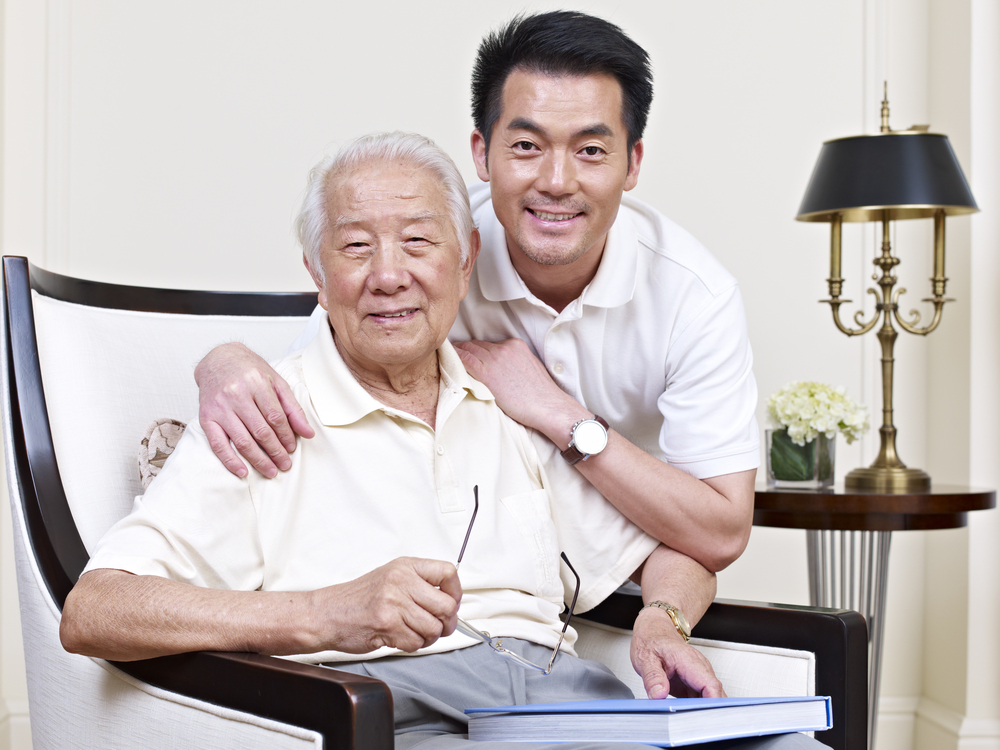How to Help a Family Member With LEMS
Written by |

If a member of your family received a diagnosis of Lambert-Eaton myasthenic syndrome (LEMS), their life may greatly change as a result. Here are some ways you can help support them after their diagnosis.
What is LEMS?
LEMS is a rare disease where the immune system mistakenly attacks the connection between nerve and muscle cells. This results in the nerve cells releasing less of a neurotransmitter called acetylcholine. A neurotransmitter is a chemical that passes signals from one nerve cell to another, or from a nerve cell to a muscle cell. Acetylcholine is responsible for muscle contraction. With less acetylcholine, muscles aren’t able to contract and generate as much force as usual, which leads to muscle weakness.
Help with everyday life
One of the primary symptoms of LEMS is muscle weakness. This weakness can make it difficult for patients to fulfill everyday tasks that were once easy. If a LEMS diagnosis came with a cancer diagnosis, then subsequent cancer treatment such as chemotherapy or radiation therapy could also lead to fatigue and weakness, making daily tasks even harder to perform.
You can assist your family member with tasks that they may find difficult, such as climbing stairs, walking, eating, and getting dressed.
Offer emotional support
A diagnosis of LEMS, especially if it is related to cancer, can lead to anxiety and depression. Your support and empathy can be very helpful to your loved one as they deal with the news.
Accessing outside emotional and/or spiritual support may also be helpful for both you and your loved one.
Assist with travel
If your family member is planning a trip, your assistance could make it much easier for them. You can help with packing medications and any special documents that may be necessary to transport the medication across state or country borders. Patients may also need a doctor’s note for special accommodations such as mobility equipment. Finally, research and keep a list of medical facilities where the patient is travelling, in case of emergency.
Help with medical care
You can also be helpful to your loved one when it comes to medical care, for example, by organizing doctor’s appointments and medications. Accompanying them to medical appointments may also be a good idea, as you can help remember what the doctor said and ask questions.
You can ensure your loved one is receiving the appropriate treatment and any assistive devices they may need, such as aids for breathing, communication, walking, and dexterity.
Care for yourself
Make sure that you periodically take time for yourself as well. Caregiver fatigue/burnout is common and results in physical, mental, and/or emotional exhaustion. It will be hard to care for your loved one if you are too exhausted to do so.
Find someone to talk to about your own feelings, such as a close friend or a support group. Set realistic goals for what you are able to manage on your own and ask for help from other family members, friends, or caregiving organizations when necessary.
Last updated: Oct. 5, 2020
***
Lambert-Eaton News is strictly a news and information website about the disease. It does not provide medical advice, diagnosis, or treatment. This content is not intended to be a substitute for professional medical advice, diagnosis, or treatment. Always seek the advice of your physician or other qualified health provider with any questions you may have regarding a medical condition. Never disregard professional medical advice or delay in seeking it because of something you have read on this website.




